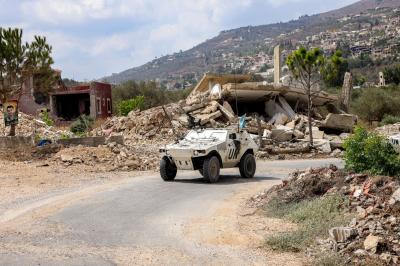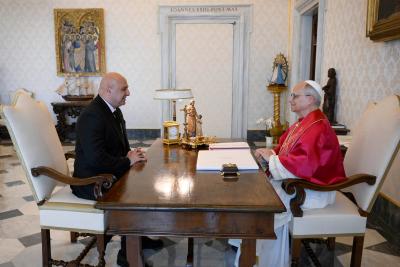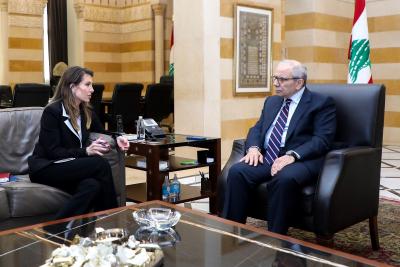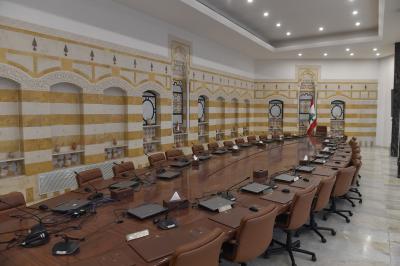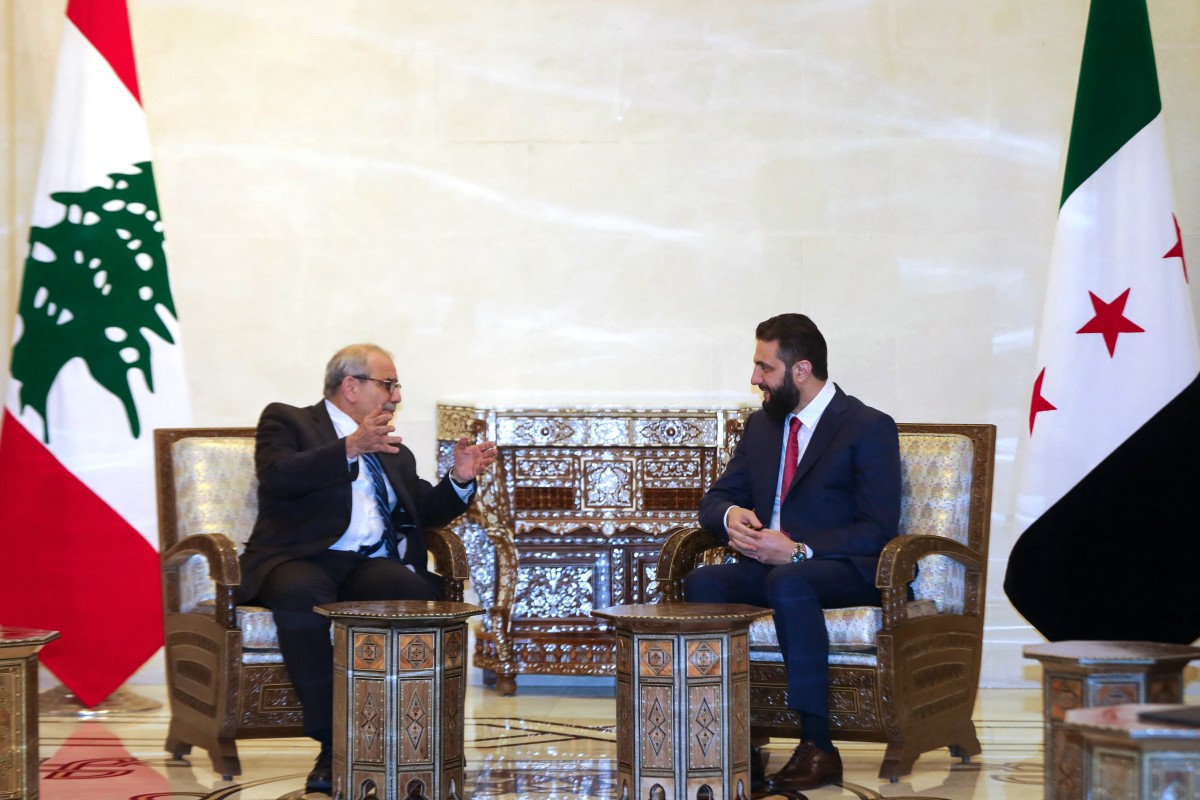Lebanese Prime Minister Nawaf Salam’s recent visit to Syria carried significant symbolic weight—but yielded little in concrete results. While Beirut framed the trip as a diplomatic milestone, Damascus treated it as routine, announcing it with a short statement on the Syrian Foreign Ministry’s website confirming a meeting between interim Syrian President Ahmad Al-Sharaa and Salam.
This was not the first official visit of its kind—former PM Najib Mikati had made a similar trip. However, Mikati’s unilateral outreach, reportedly without Saudi coordination, cost him to lose Saudi support and, ultimately, his political future. Notably, Salam’s visit follows a defense summit between Lebanese and Syrian officials, orchestrated under the patronage of Saudi Crown Prince Mohammed bin Salman.
Lebanon’s Lengthy Wish List
Lebanon came to the table with a long list of demands: tightened border control to curb smuggling, review of outdated bilateral agreements, clarification of the status of the Brotherhood and Cooperation Treaty, the return of Syrian detainees in Lebanese prisons, and the fate of Lebanese missing in Syria. Prime Minister Salam spoke of a new chapter in ties, banking on Saudi-backed momentum and hoping for alignment with Al-Sharaa on key issues.
The visit’s main outcome was the announcement of a joint ministerial committee to review the agreements between the two nations. But to date, no actionable steps have followed. Notably, the Lebanese government appears to have never fully examined the existing treaties nor undertaken a serious legal review of the arrangements binding the two countries.
Salam’s agenda was sharply focused on the urgent issues of border security and the refugee crisis. He pressed these matters, but discussions with Al-Sharaa remained superficial, ending with vague promises to “continue talks.”
No Guarantees from Damascus
From a political standpoint, the visit was clearly facilitated by Saudi Arabia, yet Salam left without any solid commitments. Al-Sharaa offered no resolution on the porous borders—an issue now shifting geographically from the Bekaa Valley to Lebanon’s northern frontier. International stakeholders, particularly the U.S., are pushing Lebanon to clamp down on weapons smuggling through the Baalbek-Hermel corridor.
Syria also withheld any promises on the fate of over one million Syrian refugees in Lebanon, a crisis Al-Sharaa appears unwilling to address. With Syria’s economy still in collapse and sanctions firmly in place—exacerbated by former U.S. President Donald Trump’s refusal to recognize Al-Sharaa’s leadership—Damascus sees little incentive to act.
A Saudi Agenda, Limited Leverage
According to Lebanese political sources, Salam’s visit came on direct Saudi instruction. Riyadh is seeking to manage the Lebanon-Syria relationship more actively, hoping to maintain political influence across both states. There is a long-standing perception that whoever controls Syria ultimately holds sway over Lebanon—an axiom that has held true since the civil war era.
But given the deeply entangled and often fraught relationship between Beirut and Damascus, meaningful progress remains elusive. The visit, despite its apparent symbolism, seemed largely ceremonial—generating little media traction or public impact.
Syria, under crippling sanctions and lacking international recognition, is in no position to grant Lebanon concessions. Nor is it likely to amend bilateral treaties that currently serve its interests more than Lebanon’s. The refugee crisis remains unresolved, and border security continues to deteriorate.
A Relationship in Need of Reset
The path forward for Lebanon-Syria relations demands more than symbolic visits. A realistic reassessment must begin with the refugee file—now a socio-political powder keg in Lebanon—and extend to genuine coordination on border security and smuggling. Above all, Lebanon needs an equal footing relationship with Syria, one driven by diplomacy rather than dependency.
But this vision hinges on a future Syria—one that is stable, recognized, and diplomatically reintegrated. Saudi Arabia’s involvement is a promising development, yet U.S. approval remains the key variable.
Rumors of a potential meeting involving Trump, Crown Prince Mohammed bin Salman, and the presidents of Lebanon and Syria have swirled in diplomatic circles. Whether or not such a summit materializes, Trump’s mere visit to Riyadh would signal renewed movement on the Syrian and Lebanese files. For now, however, Salam’s visit remains a study in symbolism—progress in form, but not in function.
Please post your comments on:
[email protected]
 Politics
Politics
